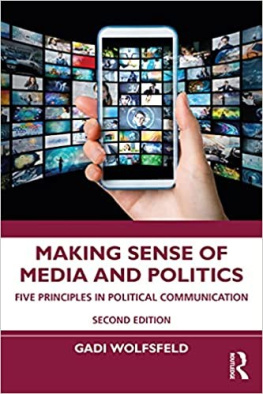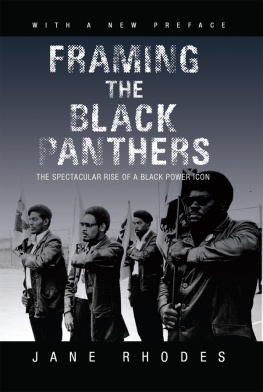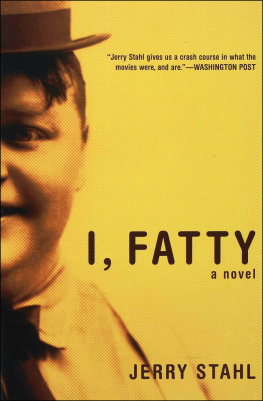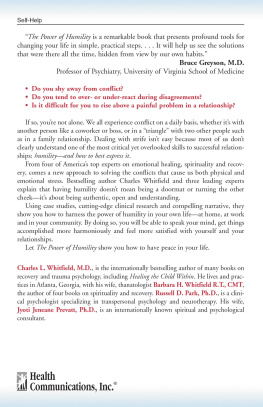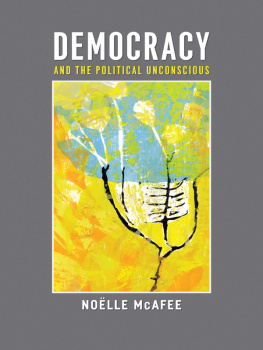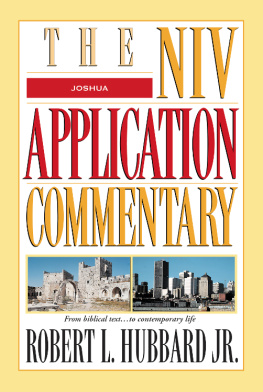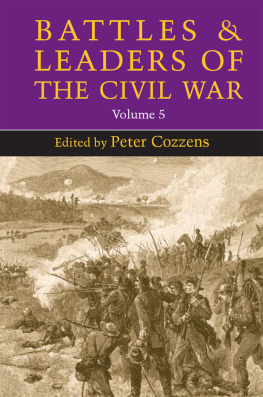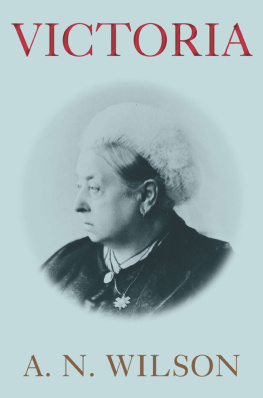DEMOCRACY
BIG IDEAS
General editor: Lisa Appignanesi
As the twenty-first century moves through its tumultuous first decade, we need to think about our world afresh. Its time to revisit not only politics, but our passions and preoccupations, and our ways of seeing the world. The Big Ideas series challenges people who think about these subjects to think in public, where soundbites and polemics too often provide sound and fury but little light. These books will stir debate and continue to be important reading for years to come.
Other titles in the series include:
Julian Baggini | Complaint |
Jenny Diski | The Sixties |
Ian Hacking | Identity |
Eva Hoffman | Critical Time |
Steven Lukes | Moral Relativism |
Susie Orbach | Bodies |
Slavoj iek | Violence |
Renata Salecl | Tyranny of Choice |
DEMOCRACY
Crisis and Renewal
Paul Ginsborg

First published in Great Britain in 2008 by
PROFILE BOOKS LTD
3A Exmouth House
Pine Street
London EC1R 0JH
www.profilebooks.com
Copyright Paul Ginsborg, 2008
1 3 5 7 9 10 8 6 4 2
Typeset in Minion by MacGuru Ltd
info@macguru.org.uk
Printed and bound in Italy by Legoprint
The moral right of the author has been asserted.
All rights reserved. Without limiting the rights under copyright
reserved above, no part of this publication may be reproduced, stored
or introduced into a retrieval system, or transmitted, in any form or
by any means (electronic, mechanical, photocopying, recording or
otherwise), without the prior written permission of both the copyright
owner and the publisher of this book.
A CIP catalogue record for this book is available from the
British Library.
ISBN 978 1 84668 093 9
The paper this book is printed on is certified by the 1996 Forest
Stewardship Council A.C. (FSC). It is ancient-forest friendly. The
printer holds FSC chain of custody SGS-COC-2939
CONTENTS
To David in his fifteenth year
PRELUDE: A MEETING OF MINDS
My story begins in London, on a spring evening of 1873. It was a wet but not particularly cold night and the city was enveloped in a humid mist. William Gladstone, the prime minister, was nearing the end of his first and most memorable administration during the long reign of Queen Victoria. In the Commons he had just lost a vote on his Irish University Bill. Further away from the capital, the Ashanti warrior monarch Kofi kari-kari (King Coffee, as he was called in the British press) was menacing British settlers and interests on the Gold Coast.
Two middle-aged men, one 54 years old, the other 66, meet for the first time. The older man has invited the younger to dinner, at his home in Albert Mansions, Victoria Street. They are both accompanied the one by his daughter Eleanor, the other by his step-daughter Helen. Of the two men the younger one seems the worse for wear. He is dressed badly, suffers from carbuncles and bronchitis, and has an enormous grey-white beard which is not impeccably clean. He speaks English with a polished German accent; indeed, he is German. The other is extremely English, even if he spends much of the year in the milder climate of Avignon in the south of France, partly for reasons of health and partly to be close to the tomb of his beloved wife, Harriet Taylor, who had died in that city in November 1858. The Englishman is as courteous and correct as the German is impatient and irascible. The one is an intellectual greyhound, the other a bull. They are, with the exception of Charles Darwin, the two greatest minds of the Victorian era.
Both men, albeit in different ambiences and with different intensity, had been active in British politics. Mill had been Liberal Member of Parliament for Westminster between 1865 and 1868. He had presented an important amendment to the 1867 parliamentary Reform Bill, substituting the word person for man, with the aim of giving the vote to women on the same bases as those required of male electors. The amendment received the support of seventy-three MPs, including Disraeli. He had also been instrumental in averting clashes between
During their long conversation that evening in March 1873, they touched upon many subjects, and their points of difference and of agreement came to the fore. Marx was not altogether happy with the plain fare that was habitually served at Mills table. Paul Lafargue, Marxs son-in-law, recounts that Marx had a weakness for highly seasoned food such as ham, smoked fish, caviare and pickles. His stomach had to pay forfeit for the colossal activity of his brain.
It was not easy talking to Marx. In the 1860s Marxs children had played a Victorian parlour game with him called Confessions. They had interrogated him on his preferences. Your favourite colour? Red. Your favourite food? Fish. Your idea of happiness? To fight. Your idea of misery? Submission.
During the meal at Albert Mansions it was Marx who did most of the talking, interspersing his remarks with quotes from his favourite authors Shakespeare, Dante, Aeschylus, Burns. He was an avid reader of both prose and poetry. Mill listened and smiled gently. Both women, Eleanor Marx and Helen Taylor, said little, though neither was overawed. Marx was fond of saying that Children must educate their parents, and he had a tender relationship with all three of his daughters. Mill tended to put the Taylors above all the mother but also the daughter on a pedestal of forbidding dimensions, and simultaneously to abase himself, something Marx would never have dreamed of doing. In his Autobiography Mill wrote:
Surely no one ever before was so fortunate, as, after a such a loss as mine [the death of his wife Harriet], to draw another such prize in the lottery of life another companion, stimulator, adviser, and instructor of the rarest quality [her daughter Helen]. Whoever, either now or hereafter, may think of me and of the work I have done, must never forget that it is the product not of one intellect and conscience but of three, the least considerable of whom, and above all the least original, is the one whose name is attached to it.
One area of sharp divergence between the two men was economics, but not perhaps in the way we might immediately imagine. Marx was a great believer in the beneficial and progressive power of capitalist production. To understand this it is enough to read the famous passage in the Communist Manifesto where he pays tribute to the extraordinary economic achievements of the bourgeoisie, which in scarcely one hundred years had carried out the subjection of natures forces to man, and accomplished wonders far surpassing Egyptian pyramids, Roman aqueducts, and Gothic cathedrals. For Marx the modern bourgeoisie had created more massive productive forces than had all preceding generations put together. Precisely for this reason he believed that a new and culminating phase in world history that of proletarian revolution was now on the agenda. The economic and scientific foundations had been laid.
Mill was more cautious and one might say more modern. He tried to explain to Marx that endless growth was a real
In 1836, when there was heated discussion of the proposed new railway line to Brighton, Mill found it disgraceful that no one had thought of the need to protect areas of great natural beauty, such as the Vale of Norbury at the foot of Box Hill. As for life in London, he hated what he called the trampling, crushing, elbowing and treading on each others heels which so characterised modern life. He had an aversion to dollar hunters and in this he was not that far away from Marx.
Next page

